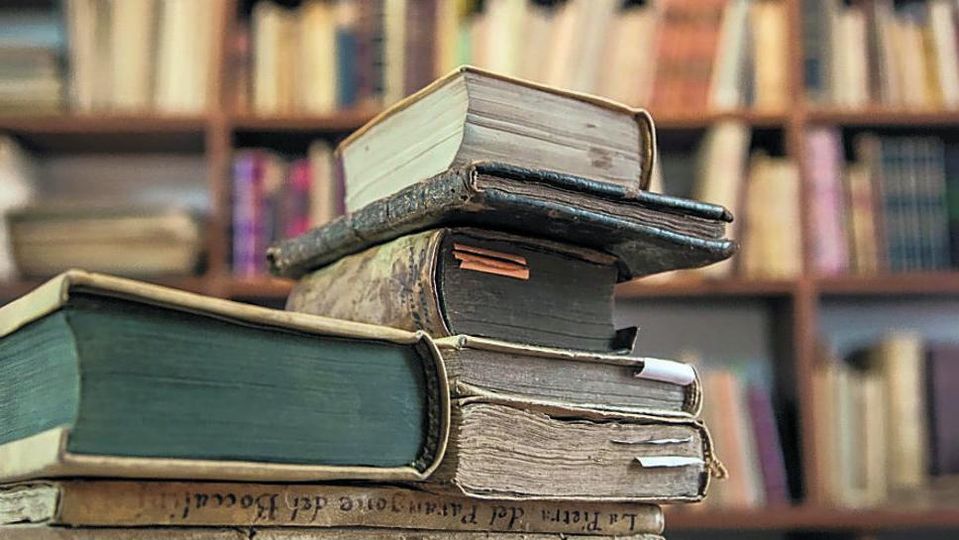
Lazzarotto Roberto


History
Patents in the modern sense originated in Italy in 1474. At that time the Republic of Venice issued a decree by which new and inventive devices, once they had been put into practice, had to be communicated to the Republic in order to obtain the right to prevent others from using them.
The decree of 19 March 1474 concerning the “protections of inventions in the Republic of Venice” was notably addressed to “men from different places and most clever minds, capable of devising and inventing all manner of ingenious contrivances”.
Henceforth any such new contrivance
was to be reported to the Provisioners of Common, by which the inventor gained 10 years protection, with any infringement costing 100 ducats and the destruction of all the equipment of the guilty party.
We have among us men of great genius, apt to invent and discover ingenious devices; and in view of the grandeur and virtue of our City, more such men come to us every day from divers parts. Now, if provisions were made for the works and devices discovered by such persons, so that others, who may see them could not build them and take the inventor’s honor away, more men would then apply their genius, would discover, and would build devices of great utility and benefit to our commonwealth.
Therefore:
Be it enacted that, by the authority of this Council, every person who shall build any new and ingenious device in this City, not previously made in our Commonwealth, shall give notice of it to the office of our General Welfare Board when it has been reduced to perfection so that it can be used and operated. It being forbidden to every other person in any of our territories and towns to make any further device conforming with and similar to said one, without the consent and license of the author, for the term of 10 years. And if anybody builds it in violation hereof, the aforesaid author and inventor shall be entitled to have him summoned before any magistrate of this City, by which magistrate the said infringer shall be constrained to pay him hundred ducats; and the device shall be destroyed at once. It being, however, within the power and discretion of the Government, in its activities, to take and use any such device and instrument, with this condition however that no one but the author shall operate it.